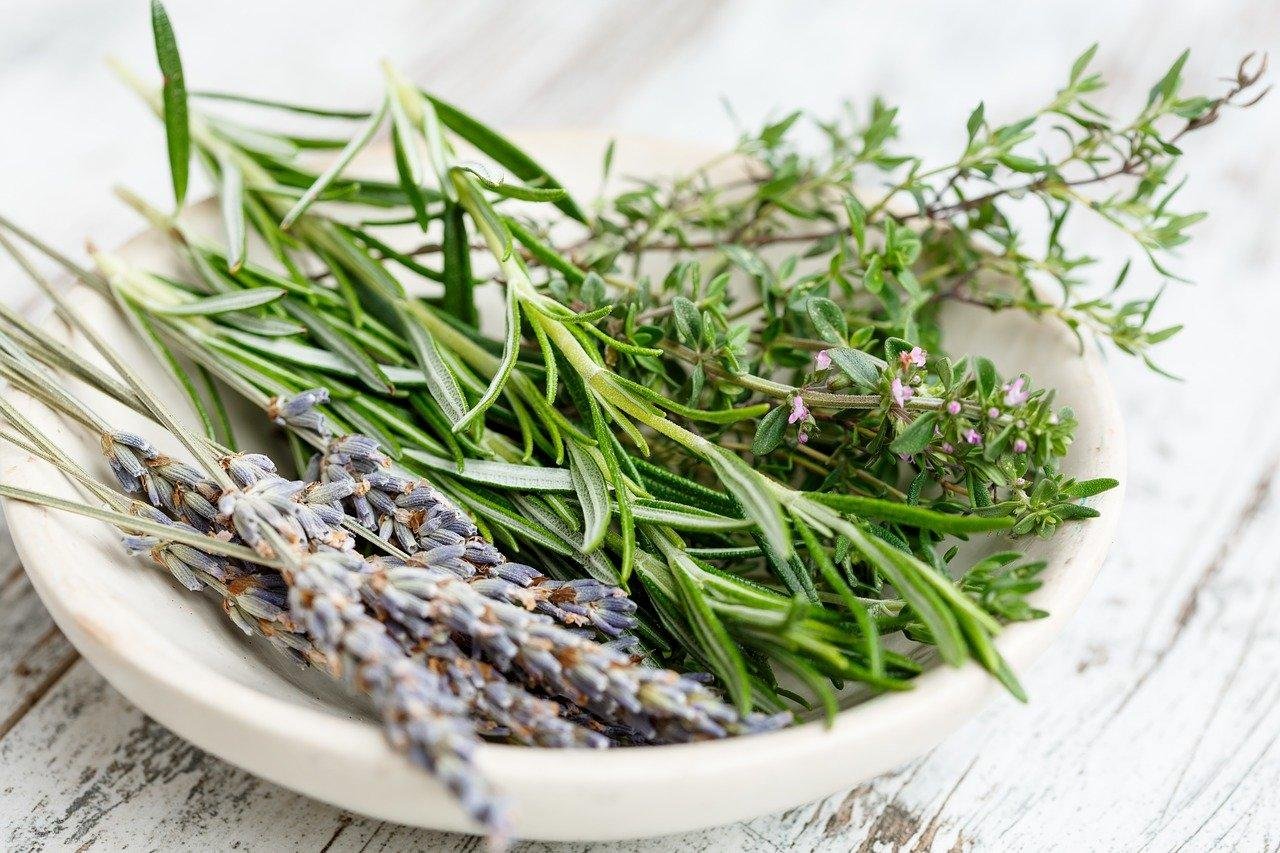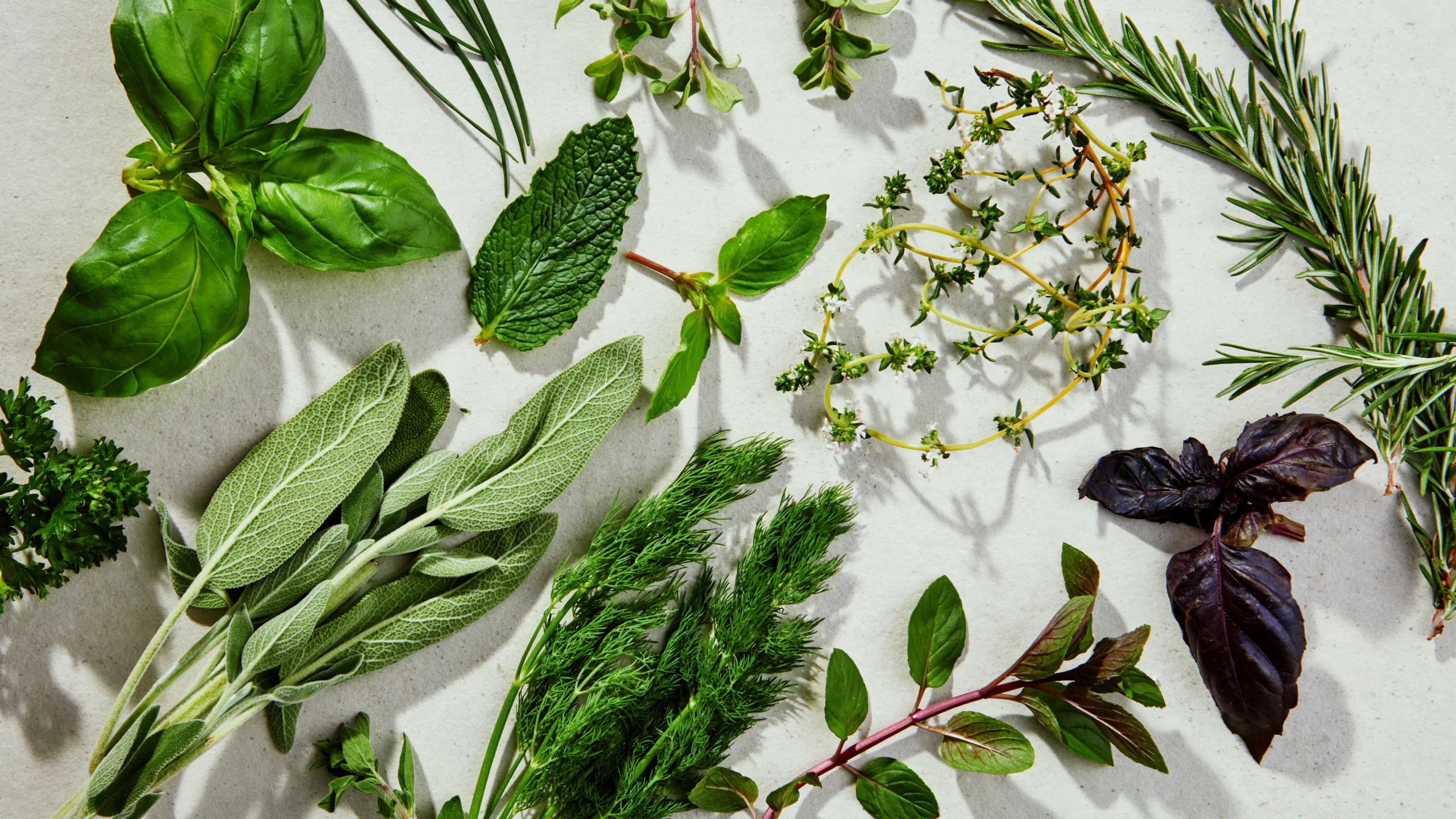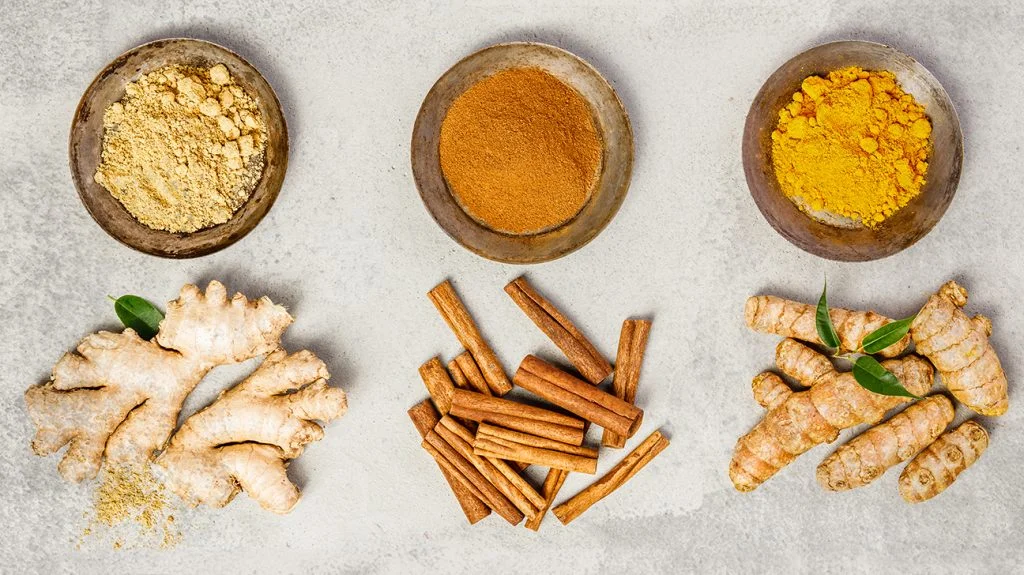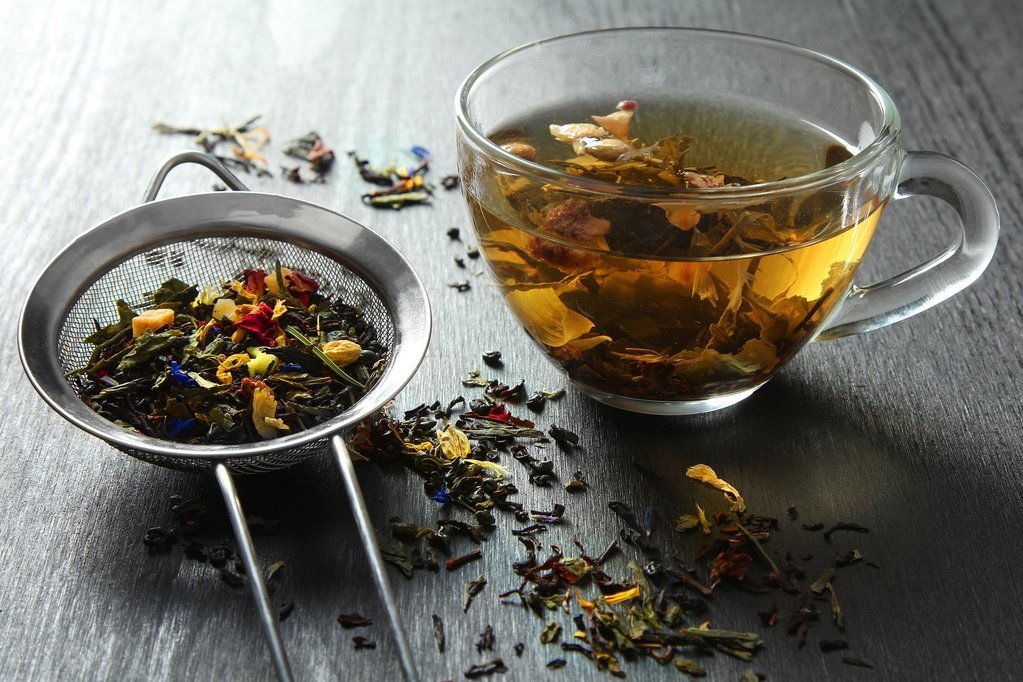Using fresh herbs in everyday recipes can transform your meals into something special. Fresh herbs not only add flavor but also bring vibrant colors and aromas to your dishes. In this article, we’ll share some practical tips for incorporating fresh herbs into your cooking. With these tips, you can enhance the taste of your meals while enjoying the many benefits of fresh herbs.
Why Use Fresh Herbs?
Fresh herbs can elevate your dishes in many ways. They provide natural flavors that dried herbs simply cannot match. Additionally, using fresh herbs in everyday recipes is a great way to add nutritional value to your meals. Many herbs are rich in vitamins, minerals, and antioxidants, which can contribute to your overall health. So, let’s explore how to effectively use fresh herbs in your cooking.

1. Start with the Basics
Before diving into specific herbs, it’s essential to know the basics of using fresh herbs in everyday recipes. Fresh herbs can be used in various forms, such as whole, chopped, or bruised. Always wash them thoroughly to remove dirt and pesticides. This step ensures you enjoy the best flavors without any unwanted residue.
2. Choose the Right Herbs
Different dishes call for different herbs. For example, basil, parsley, and cilantro are excellent for salads, while rosemary and thyme pair well with roasted meats. When using fresh herbs in everyday recipes, consider the flavors of the dish and choose herbs that complement them. Experimenting with different combinations can lead to delightful surprises.
3. Add Herbs at the Right Time
Timing is crucial when using fresh herbs in everyday recipes. Some herbs, like basil and parsley, should be added towards the end of cooking to preserve their flavors. On the other hand, sturdier herbs like thyme and rosemary can be added earlier, allowing their flavors to meld with the dish. Understanding when to add herbs can greatly enhance your meals.
4. Experiment with Herb Blends
Using fresh herbs in everyday recipes doesn’t mean you have to stick to one herb at a time. Combining different herbs can create unique flavors. For example, mixing basil, oregano, and parsley can make a delicious pasta sauce. Don’t be afraid to experiment and find your favorite herb blends that suit your taste.
5. Use Herbs as Garnishes
Fresh herbs make excellent garnishes. Sprinkling chopped herbs on top of a dish not only adds a pop of color but also enhances the flavor. For instance, a sprinkle of fresh cilantro over tacos or a few basil leaves on a pizza can elevate the presentation and taste. Remember that fresh herbs are not just for cooking; they can also add flair to your dishes.
6. Store Herbs Properly
To make the most of your fresh herbs, proper storage is key. Keep them in the refrigerator, ideally in a container with a little water, like a bouquet of flowers. Cover the herbs loosely with a plastic bag to maintain humidity. This method helps keep your herbs fresh for a longer time, ensuring that you have them available for your everyday recipes.
7. Use Herbs in Dressings and Marinades
One of the best ways to incorporate fresh herbs into your cooking is through dressings and marinades. Fresh herbs can elevate the flavor of vinaigrettes or marinades for meats and vegetables. For example, mixing chopped dill or parsley into yogurt can create a delicious dip. This not only enhances the taste but also adds nutritional benefits to your meals.
8. Create Herb-Infused Oils
Another fantastic way to use fresh herbs in everyday recipes is to make herb-infused oils. Simply combine your favorite herbs with olive oil and let them steep for a week. This infused oil can be used in cooking or as a finishing touch for dishes. Drizzling herb-infused oil over grilled vegetables or pasta adds a burst of flavor.
9. Preserve Your Fresh Herbs
If you have an abundance of fresh herbs, consider preserving them. You can freeze chopped herbs in ice cube trays with a little water or oil. This method makes it easy to add fresh flavor to soups and stews later on. Preserving your herbs ensures you can enjoy their benefits long after the growing season ends.
10. Be Creative
Lastly, don’t hesitate to be creative with your fresh herbs. Use them in unexpected ways, such as adding mint to fruit salads or using rosemary in baked goods. Fresh herbs can enhance the flavor profile of both sweet and savory dishes, so let your imagination run wild.
Conclusion
Using fresh herbs in everyday recipes is a simple yet effective way to elevate your cooking. By following these tips, you can enjoy the vibrant flavors and health benefits that fresh herbs offer. Remember to choose the right herbs, add them at the appropriate time, and be open to experimenting with new combinations. With a little creativity, fresh herbs can transform your meals into culinary delights.









